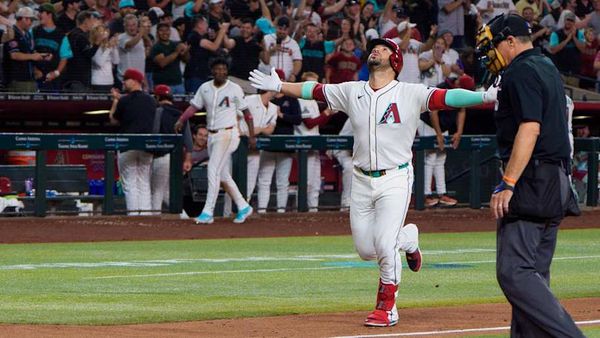Victorian Treasurer Tim Pallas has defended the Andrews government's financial credentials, after fresh figures revealed a $1.8 billion jump in the budget deficit for this year.
On Monday the Department of Treasury and Finance released the state's economic and fiscal update, which revealed the deficit for 2022-23 was likely to be $9.7 billion, up from $7.9 billion forecast in the May budget.
But the update also suggested the budget would climb back into surplus more strongly than previously forecast, reaching almost $900 million surplus by 2025-26, compared to a budget forecast of $650 million.
Mr Pallas said Victoria's deficit increase was partly attributable to around $500 million of emergency flood response spending.
The treasurer also said it had been necessary to take on the debt in order to support the economy and jobs market during the pandemic period.
"You sometimes go into debt to grow your business, in fact most businesses do exactly that," he said.
"We took a very calculated and conscious decision that we would increase the debt profile of the state because we would leverage our balance sheet to protect the community and to grow effectively our budget numbers and our economy, effectively to grow the business of all Victorians."
Net debt is forecast to hit a slightly lower figure in 2025-26 than previously forecast, coming in at $165.4 billion.
The update notes the residential property market outlook has weakened since the May budget as rising interest rates drove down auction clearances.
As a result, land transfer duty revenue was expected to decrease slightly from May's estimates.
Next government likely to face wages cost increase
Another challenge for whoever wins government on November 26 is how to manage public sector wages, which are currently capped at 1.5 per cent yearly rises under government policy.
They are expected to cost just under $33.5 billion this year, up from the May budget's forecast of $33.1 billion.
The government is under pressure from the public sector union to urgently review the cap, as inflation pushes beyond 7 per cent.
"I've said previously that I expect that our wages policy will have to increase," Mr Pallas said.
"Exactly where and on what basis, I'll have to wait to see how the economic event settles in."
Opposition pledges to 'rein in' spending to curb debt
Opposition Leader Matthew Guy, who has pledged to legislate a cap on Victoria's debt if elected, said the state's debt would be a key priority for a Coalition government.
"That's why we put in place policies for a debt cap, that's why we've said we'll rein in … ridiculous spending on the Suburban Rail Loop," he said.
The state's independent Parliamentary Budget Office has been tracking election pledges and as of Monday afternoon listed 222 costed opposition policies at $26 billion, and 81 government pledges at $8 billion.







